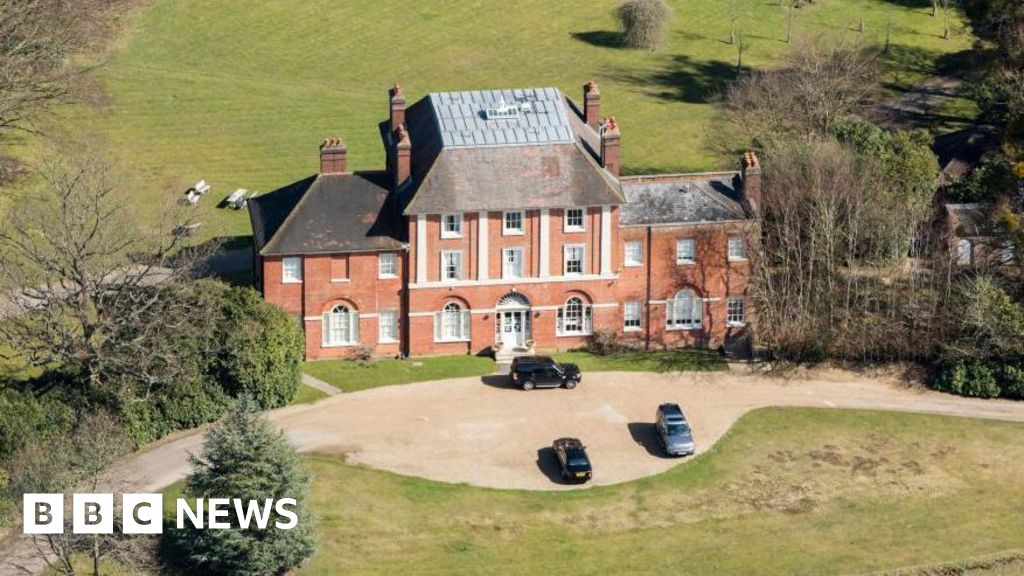
Executive Mayor of Tshwane Nasiphi Moya.
Gallo Images/Frennie Shivambu
- Earlier this year, the City of Tshwane adopted a resolution to impose a cleansing levy on several thousand households and businesses.
- Following court action by AfriForum, the Gauteng High Court in Pretoria declared the levy unlawful.
- The court was also scathing about the City’s conduct in the legal challenge.
The City of Tshwane’s move to impose what it called a cleansing levy on more than 200 000 residents and 62 000 businesses has been declared illegal by the Gauteng High Court in Pretoria.
The cleansing levy adopted by the council earlier this year sought to impose an extra charge on households and businesses that rely on private refuse collection services.
In essence, properties that are not rendering refuse services by the City, would still be expected to pay up.
The charge, which came into effect on 1 July, was supposedly to assist the City in providing waste management services to all residents.
AfriForum took the City to court, arguing that the levy amounted to illegal and unfair double taxation, especially in cases where residents do not benefit from Tshwane’s refuse removal services.
In a scathing judgment handed down on Thursday, Acting Judge George Avvakoumides declared the cleansing levy unlawful, invalid and of no force and effect, and subsequently set it aside.
READ | Tshwane residents face extended power outages due to Waltloo-Njala transmission line
The court also ordered the City to credit any residents and businesses that may have already been billed for the levy.
“I am persuaded that the cleansing levy is unlawful for want of compliance with the Constitution and the statutory framework under which the City is obliged to operate,” Avvakoumides said.
“I am furthermore persuaded that the City does not have the power to conduct itself as it intends to and that the intended cleansing levy is irrational because the City’s reasons for taxing the public are objectively sustainable.”
The court also dismissed the City’s argument that “many” affected residents and businesses’ waste is ultimately delivered to the City’s facilities for processing and management.
“The City contends that many of the ratepayers to be affected by the cleansing levy do receive service from the City in respect of waste collection into bins and the collection of transportation of bins to waste management sites.
Given the fact that there are thousands of residents and businesses involved, it is worrisome that the City simply refers to these residents and businesses as ‘many of the ratepayers’, without identifying such ratepayers and simply making a sweeping comment about the ratepayers receiving a service from the City.
Avvakoumides added: “The City’s inability to provide waste management services has caused the public to incur additional expenses and effort to dispose of waste in an alternative and lawful manner.”
He was also less than pleased that, during arguments, the City attempted to defend the levy by arguing it was justifiable considering the metro’s 2016 tariff policy. However, this policy was never presented to the court.
READ | ‘It’s not about money’: AfriForum heads to court over Tshwane cleansing fee
“…The City’s opposition to the applicant’s case was unmeritorious and its continued and incorrect reliance upon a document which was not before court, and incorrectly relied upon, in the face of incontrovertible evidence of failure to adhere to the principle of legality,” the judge said.
“The City continued vehemently with irrelevant and untenable arguments which did not assist the court in any manner whatsoever. The challenge on the urgency and locus standi of the applicant was disingenuous, given the facts of the application, but the documents annexed to the founding affidavit make it clear that the City had adopted a new Tariff Policy on 29 May 2025, which was not yet promulgated.”
He further found that the City had misled the court.
“The disingenuous submission by the City that there is doubt about whether applicant’s contentions that private waste services must pay the City for the use of its waste disposal sites and challenging the applicant to provide evidence hereof demonstrates that the City misled the Court. The applicant provided the relevant evidence.
The City has failed to provide evidence that members of the public refuse waste removal services that are available and capable of being rendered.
Avvakoumides said that given the City’s conduct and aim to obfuscate the real issues – compounded by its failure to comply with its own legislation and uploading several hundred irrelevant pages and documents – he had to express his disapproval by considering a punitive cost order.
 (1).png)
 2 weeks ago
6
2 weeks ago
6

















